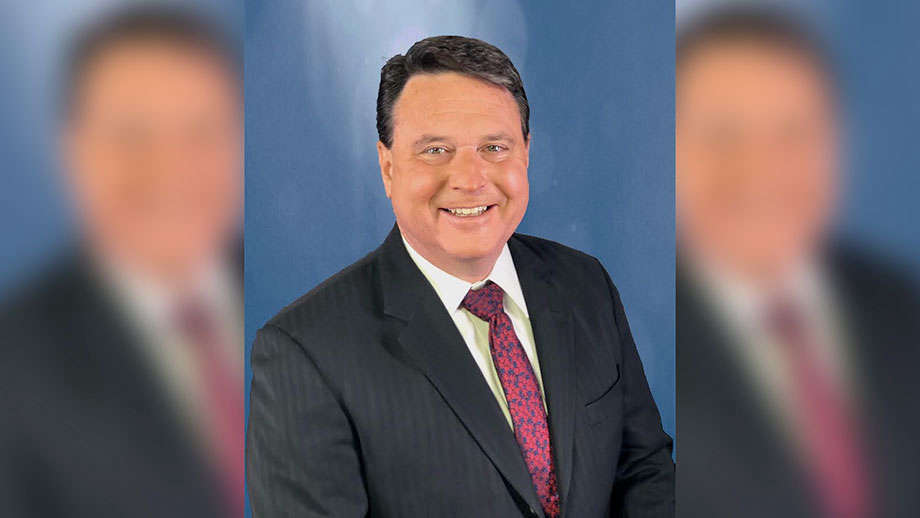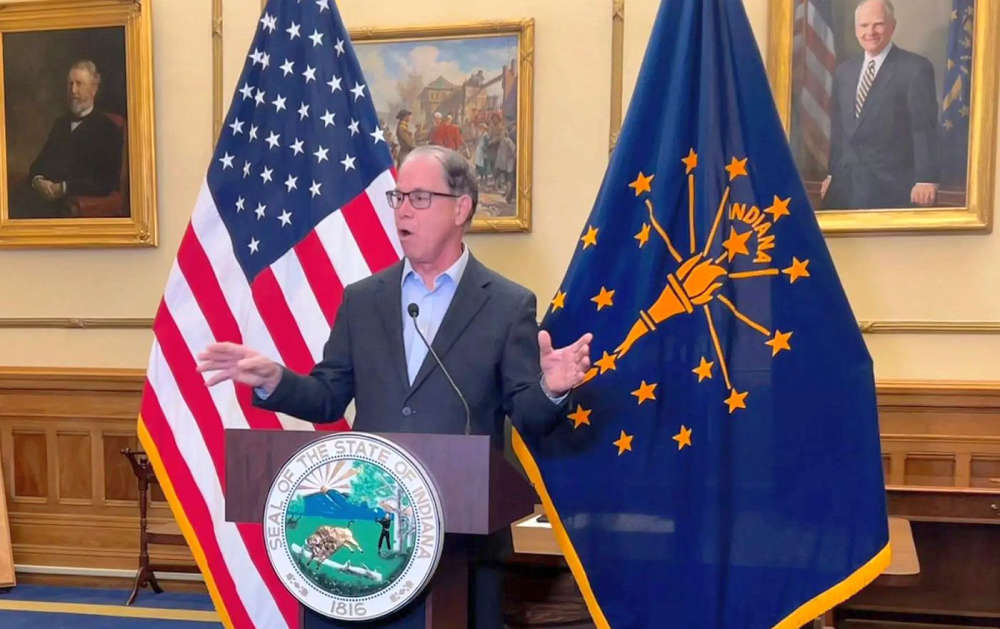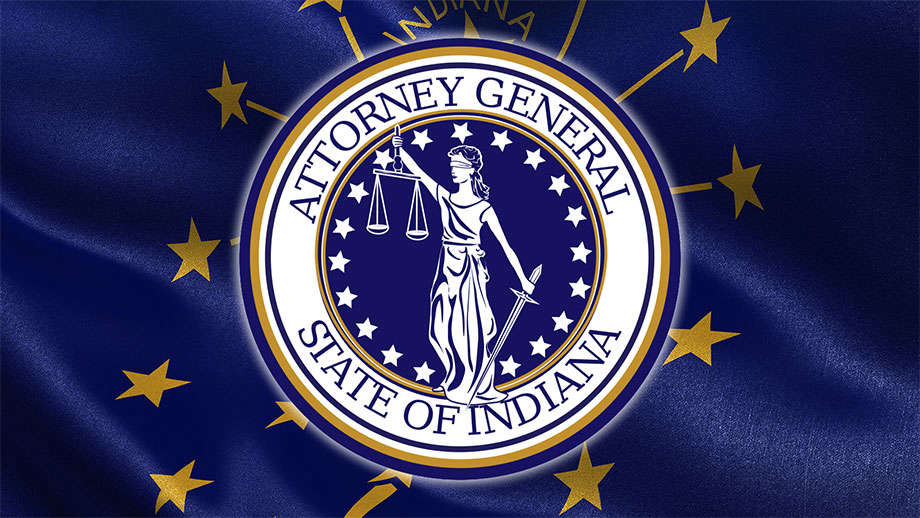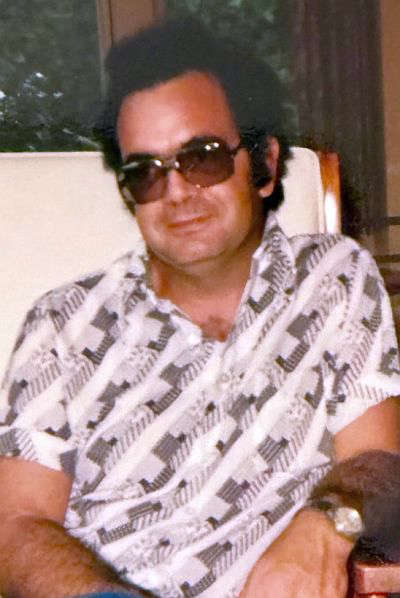
The First Amendment does not prevent states from requiring online purveyors of pornography to implement reasonable age-verification measures to protect children from harm.
As co-leader of a 24-state coalition, Attorney General Todd Rokita pressed this point in an amicus brief filed with the U.S. Supreme Court recently.
The court is considering a constitutional challenge to a Texas law requiring websites hosting large amounts of obscene material harmful to children to implement a reasonable age-verification system. That law is similar to an Indiana law passed by the General Assembly. It reflects that states have long had the authority to prevent minors from accessing obscene materials, including pornography.
“Not only do states have the authority to prevent pornography websites from providing children with hardcore porn, but they have a responsibility to do so,” Attorney General Rokita said. “The truth is that exposure to porn — much of which touts sexual violence — causes real harm to minors. It hurts them emotionally, intellectually, psychologically, sexually and socially. So, there are compelling reasons to prevent minors from viewing pornography. Children are a precious gift from God. As a public servant, I’ll always support parents in the mission to protect our kids.”
Many other adult industries — such as alcohol, gambling and tobacco — already employ age-verification technology.


 Board and commission appointments for 2026 by Mayor Listenberger and City Council
Board and commission appointments for 2026 by Mayor Listenberger and City Council
 Marshall County Public Defender Board approves contracts with public defenders in state program
Marshall County Public Defender Board approves contracts with public defenders in state program
 Free Anhydrous Ammonia Safety Training for First Responders
Free Anhydrous Ammonia Safety Training for First Responders
 57-year-old Plymouth man arrested on child solicitation charges
57-year-old Plymouth man arrested on child solicitation charges
 Taylor Swift Tribute Show coming to REES Theatre in January
Taylor Swift Tribute Show coming to REES Theatre in January
 Gov. Braun announces $207 million federal grant to launch GROW: Cultivating Rural Health
Gov. Braun announces $207 million federal grant to launch GROW: Cultivating Rural Health
 AG secures major victory for 2nd Amendment Rights as Court of Appeals dismisses lawsuit against firearm industry
AG secures major victory for 2nd Amendment Rights as Court of Appeals dismisses lawsuit against firearm industry
 County Council approved year-end transfers and additionals
County Council approved year-end transfers and additionals




